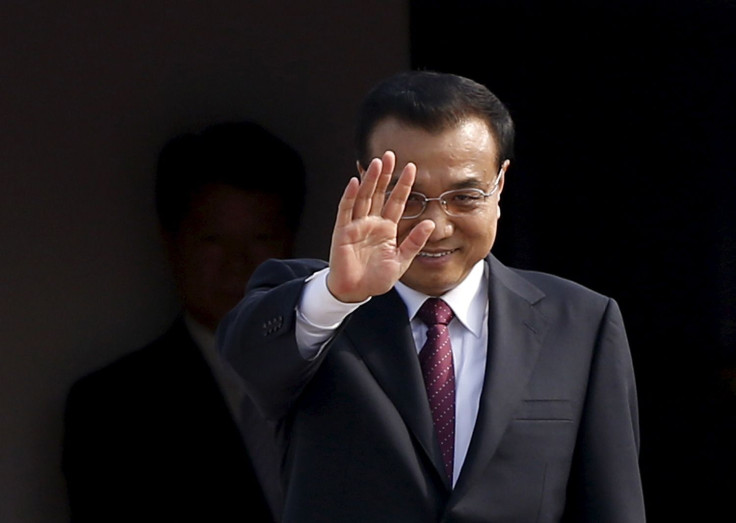South China Sea Row: Obama, Other Leaders May Press China On Sea Dispute At Weekend Summit

Chinese President Xi Jinping was able to evade the South China Sea issue at the APEC summit in Manila this week, but Premier Li Kequiang will have a tougher time doing so in another summit in Kuala Lumpur this weekend.
For one, Philippine President Benigno Aquino, the most vocal voice against China's expansion in the South China Sea, had promised to be a "perfect host." Though observers said he snubbed Xi during a 4-minute red-carpet walk.
Also, the Asia Pacific Economic Cooperation (APEC) group is 21 countries, some very far from the South China Sea. While 4 of the 10 members of the Association of Southeast Asian Nations (ASEAN) -- the Philippines, Vietnam, Malaysia and Brunei -- dispute China's claim to most of the sea. China and the U.S. aren't part of ASEAN, but they are part of the parallel East Asia Summit, which is ASEAN plus Australia, China, India, Japan, New Zealand, South Korea, Russia and the U.S. The ASEAN summit will be held this weekend in Kuala Lumpur, Malaysia.
The South China Sea is a major trade route for countries in and out of the region. Many believe there are vast oil and gas reservoirs below.
On the diplomatic front, one way the U.S. can trump China is it is reportedly signing a five-year plan for projects it will work on with ASEAN in Kuala Lumpur, according to The Diplomat.
Tension rose this year as China reclaimed land to create or expand islands in the vast body of water, building airstrips and other facilities. In June, it brought an oil rig back to an area it disputes with Vietnam. Last month, the U.S. sent USS Lassen within the 12-mile radius China claims over one of the islands and said it would undertake similar missions twice a quarter to preserve freedom of navigation. Days later, an international court in the Netherlands said it had jurisdiction over a dispute between the Philippines and China -- jurisdiction that China rejects.
In Manila this week, Obama said the U.S. was giving the Philippines two more ships to protect its borders, then called on China to stop reclamation and construction. Xi was silent, but a spokesman in Beijing said the U.S. should stop "heightening tensions" and "complicating disputes," consistent with China's position that this is a regional issue the U.S. should keep out of.
Obama's national security officials have been saying Obama would raise the issue during his Asian trip.
The South China Sea issue reportedly didn't come up in formal APEC meetings, but was discussed on the sidelines by various leaders.
It's a contentious issue even among ASEAN members. Earlier this month, the region's defense ministers met but failed to issue a statement because some members wanted to mention the issue and others didn't. The same thing happened in a 2012 foreign ministers' meeting.
© Copyright IBTimes 2025. All rights reserved.





















